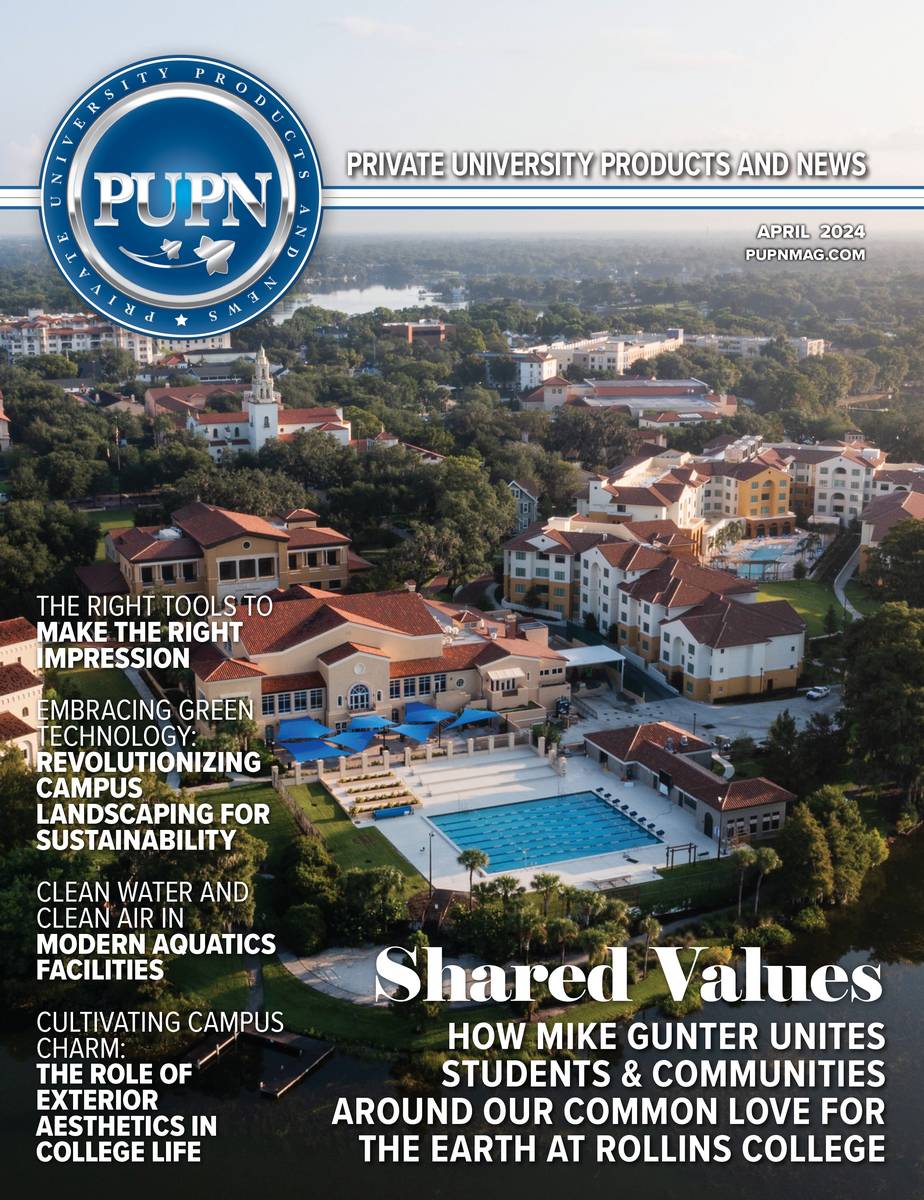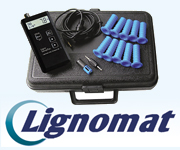Before Penn Medicine, Morris spent many years with M.D. Anderson Cancer Center at The University of Texas, where he was the Del and Dennis McCarthy Distinguished Professor in Gastrointestinal Cancer and Deputy Chair for the Department of Biostatistics–while also serving as co-director of the Rice-M.D. Anderson joint training program in Biostatistics.
Innovations in Statistical Methods for Biomedical Collaborations
In a storied and distinguished career, Morris has led teams that developed quantitative methods for extracting useful information from biomedical big data, including efforts to develop more individualized, and thus more effective, therapeutic strategies through better understanding and characterizing molecular subtypes of colorectal cancer.
The projects Morris and his colleagues have been conducting promise the opportunity to relate complex biomedical data to improved patient outcomes; their innovations are frequently motivated by the questions that arise during biomedical collaborations, and Morris has played key roles in these teams, with his research supported by the National Science Foundations, the National Cancer Institute, and the American Cancer Society, among many others.
He has served as President of the East North American Region of the International Biometric Society, as well as program chair for the Joint Statistical Meetings-which are the world’s largest statistical meetings-and he is currently editor of Biology, Medicine and Genomics for the IMS journal The Annals of Applied Statistics.
Despite his renown in the biostatistics and academic statistics community and a host of national honors to his credit-including the ASA’s Noether Young Scholar Award and Harvard University’s Myrto Leftkopoulou Distinguished Invited Lectureship-Morris remains remarkably down-to-earth, as a person, colleague, and mentor to other researchers.
He shares that it is difficult to be anything other than humble when, as a scientist, you are constantly aware of your own limitations and the enormity of the problems you are studying.
The Forrest Gump of Biomedical Statistics
Morris compares the happy twists of fate in his life to those of the Winston Groom character Forrest Gump, someone who just happened to take the next step and end up in something wonderful. When he graduated high school, his sister was in college, and one uncle had finished college-so just going to college was significant; he says that graduate school was an abstract idea, at best, and research leader “never even seemed within the realm of possibility.”
His undergraduate mentor at Messiah College, Marlin Eby, encouraged him to consider graduate school. In his two decades at MD Anderson, he was excited to see the possibilities emerging from the intersections of computer science, mathematics, and medical research.
Doctors and biologists would collaborate with statisticians to think through the best ways to analyze a set of data-helping them improve their science by working through analysis that could “discover reproduceable truths.” As the sheer amount of data gathered has grown in leaps, the existing methods for analyzing data were not keeping up; he explains the field needed “fresh, creative, careful thinking.”
Morris explains that there is not one treatment for all breast cancers, for instance. There are biological measurements on cancer cells that are unique to the genetic codes for a patient. Now, however, we have the information to start to characterize a patient’s specific cancer and then predict treatment with “precision therapy” or precision medicine. He explains that we could “treat each individual’s disease.”
A Big Thinker and Energetic Mentor
Dr. Raymond J. Carroll, once Morris’s academic adviser, is distinguished professor at Texas A&M University’s department of statistics. Carroll recalls that Morris was exceptional even as a student, when he wrote a groundbreaking paper that was only the beginning of an academic career that, even then, “had enormous trajectory.”
Since then, Carroll has followed Morris’s achievements, as he has tackled “all sorts of interesting problems.” Carroll calls Morris a “big thinker” with boundless energy for tackling the phenomenon that might help us to combat cancer-someone incredibly smart but also “remarkably sweet.”
Carroll believes that kindness is why students never were nervous when speaking to Morris about their own projects-because he “doesn’t project standoffish-ness”; instead, Morris helps people explore problems by providing all the time they need, without losing his enthusiastic, positive stance on their ideas. Carroll shares, “His energy is everywhere in his work.”
Morris was honored by M.D. Anderson with the 2018-19 Faculty Mentoring Award, which came as no surprise to his colleagues and students. Dr. Veera Baladandayuthapani, Morris’s colleague for 14 years at MD Anderson, is now a professor and cancer center biostatistics director at University of Michigan; he credits Morris with influencing many projects and careers with his intelligence, guidance, and support.
“He’s been a profound influence on my career at multiple levels,” Baladandayuthapani adds, and he’s offering powerful, effective mentoring to students and junior faculty. The type of mentoring Morris offers, Baladandayuthapani explains, is selfless and “deeply ethical”–which is evidenced in his willingness to offer both time and respect to people and their ideas.
He is passionate about their projects, Baladandayuthapani adds, without taking over-in that he is deeply involved yet allows people their independence-which makes Morris “one of the best mentors in the field.”
That influence is clear in Ye Emma Zohner’s experiences. Zohner is one of Morris’s current PhD students in the Statistics program at Rice University. In her first year, Zohner found herself seriously considering leaving the program, but meeting Morris changed everything. “His excitement was contagious,” she explains. Though his brilliance was important, she adds, his enthusiasm is what made her excited about research again.
Innovating Public Health
As each new opportunity unfolded for Morris in his career, he recognized how biomedical data science had the potential to “innovate public health,” and organizations already had a wealth of information being collected. “It’s all about data,” Morris explains-understanding the signals in the data that can help us with more accurate predictions.
In short, he adds, “analyzing the data carefully is essential.” That’s why scholars from many fields need to have a hand in the planning as collaborators and research leaders.
At Penn Medicine, Morris has a chance to take on more of a leadership role in the future of medicine, in a location that offers access to entities to collaborate with as well as some of the brightest minds in their fields-while working towards cures for cancers and other diseases.
In his new role, Morris leads thirty-three PhDs and connects with two other divisions-Epidemiology and Informatics-to play a crucial role in developing groundbreaking collaborative methodologies, while still researching and teaching/mentoring. Referencing statistician George E. P. Box’s analogy, Morris says this opportunity allows him to “play in everybody else’s sandbox.”
Crucial Skillsets in a Data-Centered World
Biostatisticians–and their related skillsets–are central to what is needed right now, Morris notes, which positions a student to be an important part of this process. “We live in a data-centered world,” Morris states, with all companies working to get ahead by learning how to collect and apply data: from tech, to sports, to politicians.
While those talents are the most in demand right now, only 26,000 or so actually have that skillset- -and all companies and institutions are competing for those same people. Morris wants them to “catch the excitement” and realize what they can accomplish in this field.










